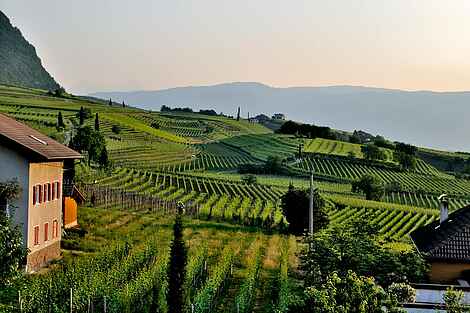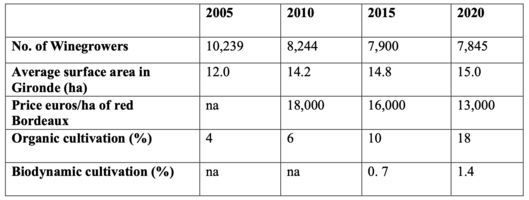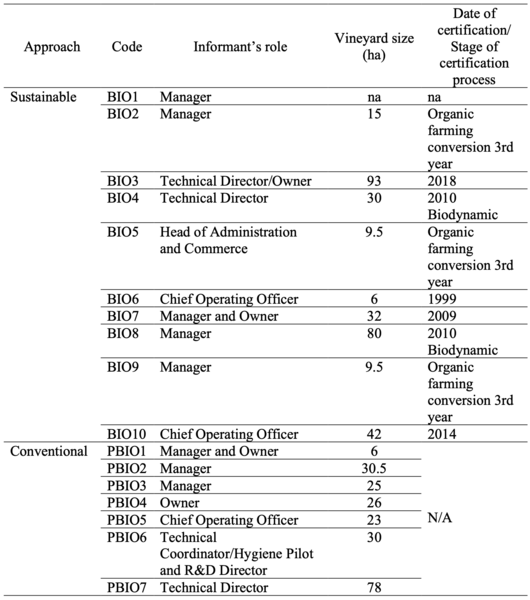The use of pesticides in agriculture, especially viticulture, leads to high levels of environmental pollution. How can this be avoided? The corresponding laws and guidelines are regularly adapted. However, implementing them on individual farms also means changing existing structures and processes. Based on a series of interviews with winegrowers from Bordeaux, France, three researchers are investigating how such structural adjustments are introduced. In doing so, they identify five paths to sustainability.
Humans are creatures of habit. That is why it is often difficult to change an established and functioning routine. In viticulture, the routine of using large quantities of pesticides has been established for a long time, but will no longer work in the future because the environmental impact is simply too serious. The EU's Ecophyto plan aims to halve the amount of pesticides applied in France by 2025 compared to 2015 levels. As a result, changing legislation is forcing winegrowers to rethink and adapt their own routines and work processes.
Table 1: Development of viticulture in Bordeaux since 2005.
For this qualitative case study, interviews were conducted with 17 winegrowers from Bordeaux, some of whom use very different cultivation methods. The winegrowers were asked how they are adapting their routines, what mechanisms are driving these changes and what role political measures play in this. The authors were able to derive five different paths to sustainability from the interviews:
1. “Business as usual”: sticking to traditional methods.
2. “Business should evolve”: Optimization, but not a complete changeover.
3. “Organic in doubt”: willingness to test sustainable methods, but with reservations.
4 “Organic committed”: Complete conversion to more sustainable practices.
5. “Rebels”: Complete conversion with the inclusion of more radical approaches.
The analysis of the interviews shows that switching to sustainable practices is a complex process influenced by structural conditions, environmental pressure, site conditions, the will to change, politics and other factors. The paths towards sustainability are by no means linear, but intertwined. In addition, the individual winegrowers are at very different points on this path.
The authors of the study emphasize that there is no universal solution for a transition towards sustainability. The path to sustainability in viticulture is long and uncertain. Local and flexible approaches are required to achieve an ecological transition under economic pressure. Collective learning processes, political framework conditions and intensified research support this process. It is also important to question traditional practices and promote innovative solutions.
Table 2: Information on the interview partners
Commentary
From the perspective of biodynamics, the emphasis in the study on the importance of biodiversity and soil fertility is to be welcomed. The focus on local conditions and individual decisions is compatible with the biodynamic principle of taking a holistic view of the farm and perceiving it as a living organism. The authors also emphasize the importance of reflection, learning and flexibility in order to establish new patterns of action.
However, the study fails to provide concrete advice for winegrowers or politicians or to provide information on economic viability. The fact that biodynamic winegrowers are classified as “rebels” on the path to sustainability may apply in individual cases, but it also obscures the great potential of biodynamics, which is actually well advanced on the path to sustainable agriculture. In this sense, perhaps we really do need a little more rebellion if we want to break away from an environmentally damaging agricultural system.
Sources and further links to this article
- Original study:
Lazaric, N., Echajari, L., Leszczynska, D. The Multiplicity of Paths to Sustainability, Grand Challenged and Routine Changes: The Long Road for Bordeaux Winemakers. Innovations – Revue d’économie et de management de l’innovation, In press.
https://shs.hal.science/halshs-04867811v1


